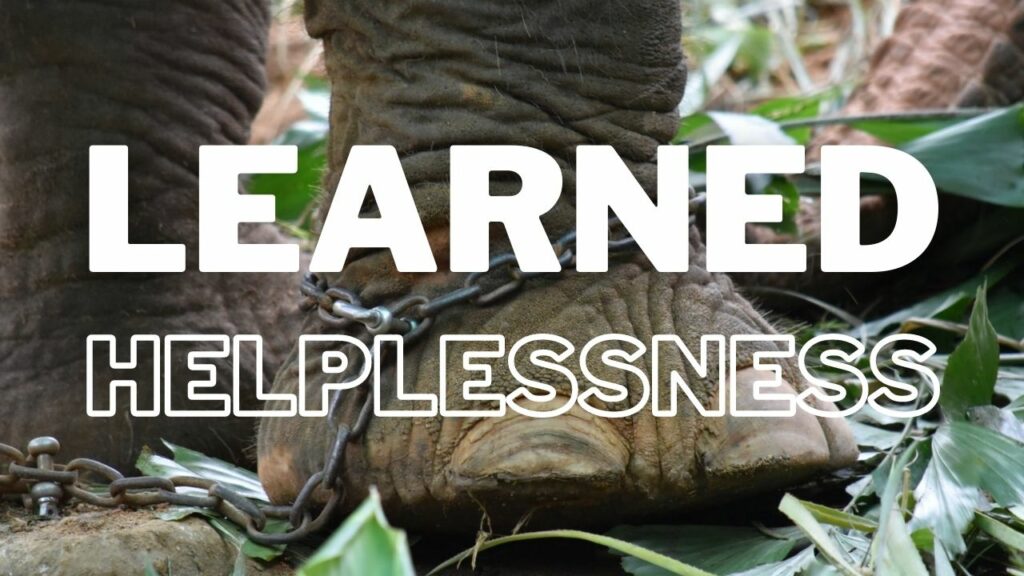What is learned helplessness? This is a question that has puzzled psychologists for years. It wasn’t until 1965 that Martin Seligman, a professor at the University of Pennsylvania, coined the term “learned helplessness.” In this blog post, we will explore the concept of learned helplessness in detail. We will look at examples of learned helplessness, as well as tips for overcoming it. We will also discuss therapies that can help you overcome learned helplessness.
Contents
Understanding Learned Helplessness
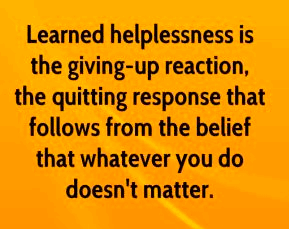
Learned helplessness occurs when a person believes that they are powerless to change their situation, even when it is clear that they can do so. This can lead to feelings of depression, anxiety, and hopelessness. People who suffer from learned helplessness may give up easily, and may not even try to improve their situation.
The concept of learned helplessness has been both praised and criticized by psychologists. Some psychologists believe that learned helplessness is a real phenomenon, while others argue that it is not a real condition. The American Psychiatric Association does not currently recognize learned helplessness as a diagnosable disorder.
Types of Learned Helplessness
There are three main types of learned helplessness:
Situational: This type of learned helplessness is caused by exposure to an uncontrollable event or situation. For example, a person who has been abused may feel helpless and powerless to escape the abuse.
Personal: This type of learned helplessness is caused by a belief that one is powerless to change their situation. For example, a person with low self-esteem may feel helpless and hopeless, no matter what they do.
Cognitive: This type of learned helplessness is caused by negative thoughts or beliefs about oneself or the world. For example, a person who believes that they are unlucky may feel helpless and hopeless in all situations.
Common Reactions to Learned Helplessness
There are many different ways that people react to learned helplessness. Some common reactions include:
Withdrawal: When faced with a situation that seems hopeless, some people may withdraw from the situation altogether. This can mean avoiding social interaction, work, or school.
Hopelessness: Feeling hopeless is a common reaction to learned helplessness. When people feel hopeless, they may believe that nothing they do will make a difference. This can lead to depression and anxiety.
Loss of motivation: People who have developed learned helplessness may lose motivation to do anything. This can impact their ability to succeed in school, work, or relationships.
Self-blame: People who experience learned helplessness often blame themselves for their situation. They may believe that they are not good enough or that they deserve the mistreatment they are receiving.
Suicidal thoughts: When people feel hopeless and helpless, they may begin to entertain suicidal thoughts. This is a very dangerous reaction and should be taken seriously.
Causes of Learned Helplessness
Many factors can contribute to learned helplessness. These include:
- A history of trauma or abuse
- A chronic medical condition
- A history of mental illness
- Exposure to situations that are beyond one’s control
Prone Personality Types
- Perfectionists
- Low self-esteem folks
- People with a negative outlook on life
- Excessively shy or socially anxious people
- People who are highly critical of themselves and others
History And Development
The concept of learned helplessness was first proposed by Martin Seligman in 1965. Seligman was studying dogs that had been conditioned to believe that they were powerless to escape Electric shocks. He found that when these dogs were placed in a situation where they could escape the shocks, they did not try to do so. Then he concluded that the dogs had learned to be helpless.
However, it wasn’t until 1973 that Seligman’s work on learned helplessness was published. In his book, “Helplessness: On Depression, Development, and Death,” Seligman proposed that learned helplessness could explain why some people become depressed. Seligman’s work on learned helplessness has since been expanded upon by other psychologists.
Quoting Learned Helplessness Examples
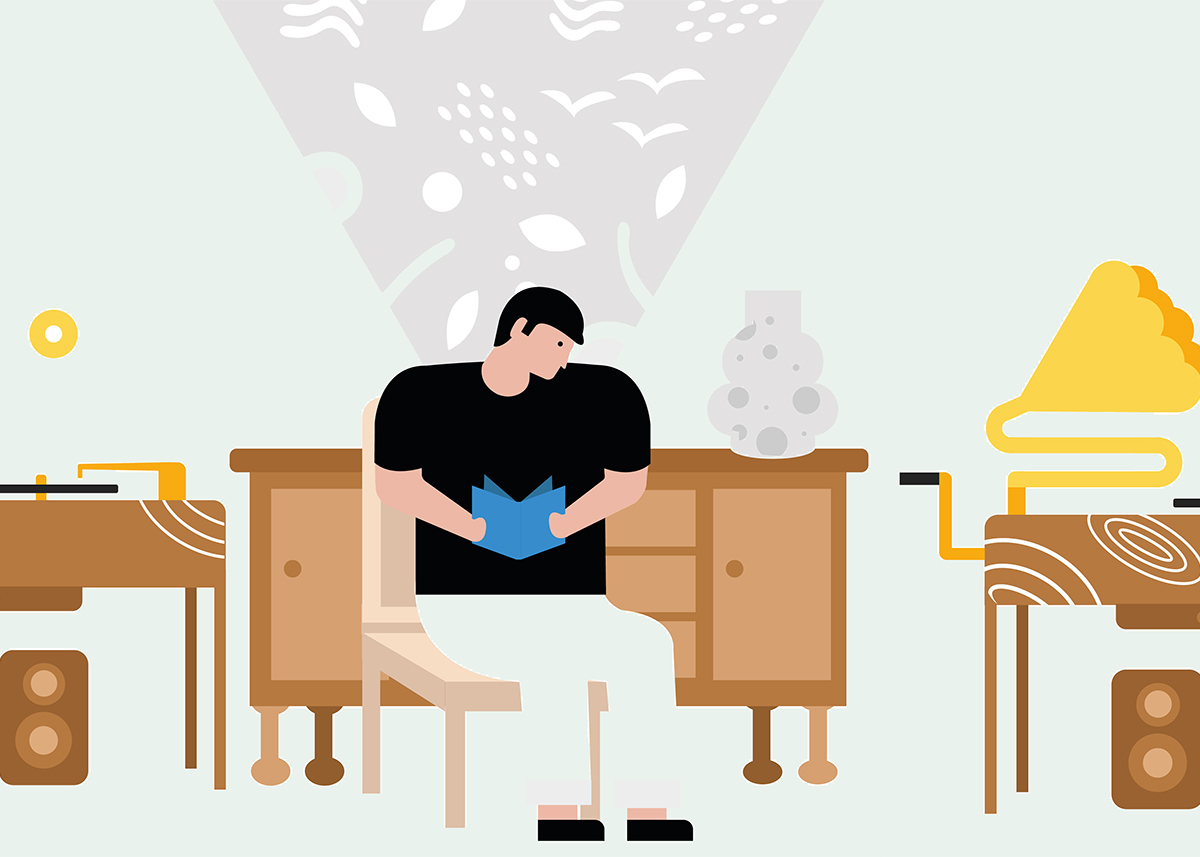
To give you a proper understanding of learned helplessness, it’s best to provide some examples.
In Relationship
If you’ve ever been in a relationship where you felt like you were constantly walking on eggshells, then you may have experienced learned helplessness. If your partner is abusive or manipulative, they may have caused you to feel helpless and hopeless. This can lead to feelings of depression and anxiety and can damage your self-esteem.
In Friendships
If you’ve ever had a friend who is always negative and puts you down, then you may have experienced learned helplessness. This type of friend can make you feel hopeless and helpless. They can also damage your self-esteem and make it difficult to focus on the positive aspects of your life.
In Family
If you’ve ever felt like you can’t do anything to make your parents happy or that you’re not good enough for them, then you may have experienced learned helplessness. If you feel like you can’t escape the negative cycle of abuse in your family, then you will likely start to feel hopeless and helpless. This can lead to a variety of mental health issues, such as depression, anxiety, and post-traumatic stress disorder.
In-School
If you’ve ever felt like you can’t do anything to improve your grades or that no matter what you do, you will never be good enough, then you may have experienced learned helplessness. This type of learned helplessness can lead to a feeling of hopelessness and low self-esteem. It can also make it difficult to focus and concentrate.
In College
If you’ve ever felt like you’re not smart enough or that you’ll never be able to get a job after graduation, then you may have experienced learned helplessness. This type of learned helplessness can lead to anxiety and depression. It can also make it difficult to focus on your studies or find a job after graduation.
In Workplace
If you’ve ever been passed up for a promotion or been treated unfairly at work, you may have experienced learned helplessness. If you feel like you can’t do anything to change your situation, then you will likely start to feel hopeless and helpless. This can lead to stress and decreased productivity.
Overcoming Learned Helplessness
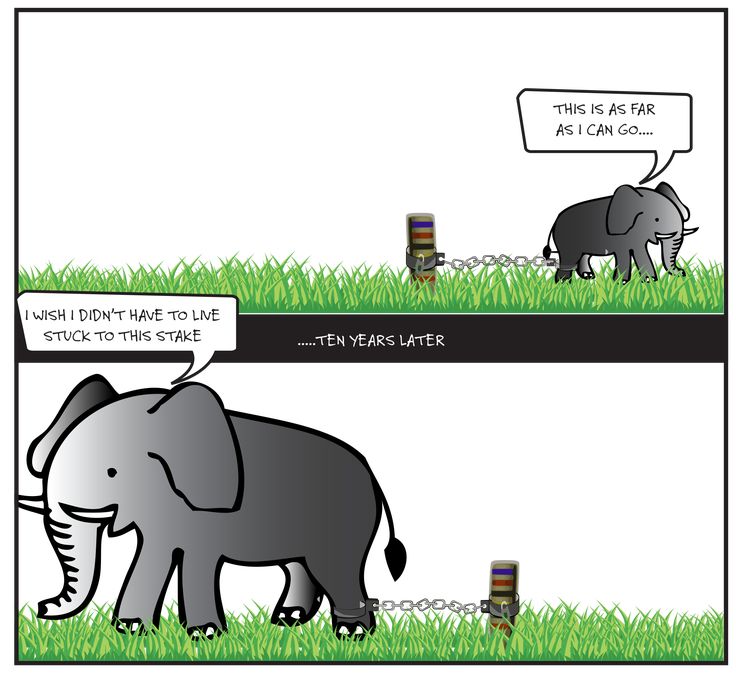
Despite the negative effects of learned helplessness, it is possible to overcome it. There are many self-help tips and techniques that can help you to overcome learned helplessness. These include:
Identifying negative thoughts and beliefs: The first step is to identify any negative thoughts or beliefs that you have about yourself. This includes beliefs that you are not good enough or that you deserve to be treated poorly.
Challenging these thoughts: Once you have identified your negative thoughts, it is important to challenge them. Ask yourself why you believe these things and look for evidence that supports them.
Replacing negative thoughts with positive ones: After challenging your negative thoughts, it is important to replace them with positive ones. This means thinking positively about yourself and your abilities.
Building self-confidence: Building self-confidence is an important part of overcoming learned helplessness. When you feel confident in yourself, you will be more likely to try new things and take risks.
Don’t give up: It’s important to remember that just because you’ve experienced learned helplessness in the past, doesn’t mean that you have to let it control your life. Don’t give up on your dreams and goals.
Self-help Tools
Many self-help tools can help you to overcome learned helplessness. These include:
Books: There are many books available on the subject of learned helplessness. These books can provide you with information and tips on how to overcome it.
- Example: The Feeling Good Handbook by David Burns
Movies and TV shows: There are also many movies and TV shows that deal with the subject of learned helplessness. These can help provide you with inspiration and motivation.
- Example: The Pursuit of Happiness starring Will Smith
Websites: There are also many websites dedicated to helping people overcome learned helplessness. These websites can provide you with information, resources, and support.
- Example: Helpguide.org
Self-help Techniques
Many self-help techniques can help you to overcome learned helplessness. These include:
Meditation: Meditation can help to increase your awareness of your thoughts and emotions. This can allow you to better deal with them.
Journaling: Journaling can be a helpful way to track your progress in overcoming learned helplessness. It can also help you to identify any negative thoughts or beliefs that you may have.
Goal setting: Goal setting can be a helpful way to increase your motivation and confidence. It can also help you to track your progress in overcoming learned helplessness.
Visualization: Visualization is a technique that involves picturing yourself overcoming your challenges. This can help to increase your confidence and motivation.
- Example: Imagine yourself giving a presentation without feeling nervous or anxious.
Affirmations: Affirmations are positive statements that you say to yourself. These can help to change your negative thoughts and beliefs.
- Example: I am capable of achieving anything I set my mind to.
Talking To Professional
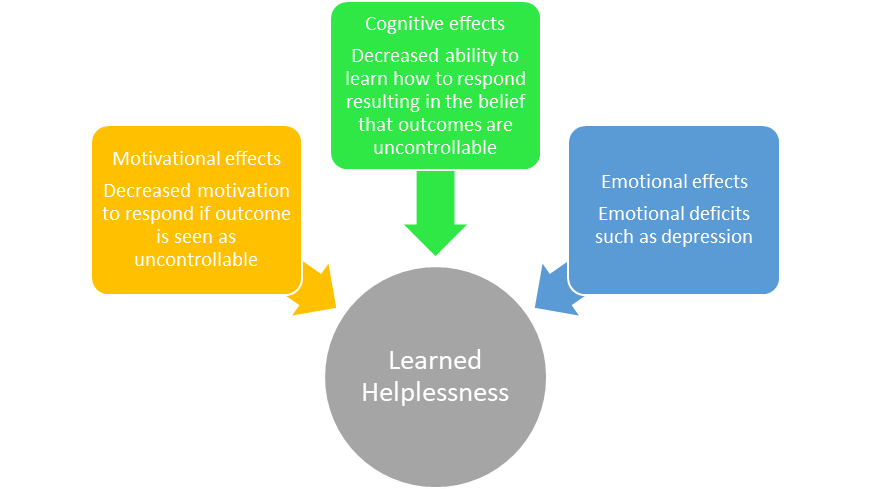
If you feel like you’re struggling to overcome learned helplessness on your own, there’s no shame in talking to a professional. A therapist can help you to identify the root cause of your learned helplessness and develop a plan to overcome it.
Many different types of therapy can be effective in treating learned helplessness. These include:
Therapies
Many therapies can help you to overcome learned helplessness. These include:
Cognitive-behavioral therapy: Cognitive-behavioral therapy (CBT) is a type of therapy that helps you to change the way you think and behave. This can help you to overcome learned helplessness.
- Example: A therapist may help you to identify any negative thoughts or beliefs that you have about yourself, and then challenge and replace them with positive ones.
Behavioral therapy: Behavioral therapy is a type of therapy that focuses on changing your behavior. This can help you to overcome learned helplessness by teaching you new skills and ways of thinking.
- Example: A therapist may help you to set goals and then provide you with support and encouragement as you work towards them.
Exposure therapy: Exposure therapy is a type of therapy that involves gradually exposing yourself to your fears and anxieties. This can help you to overcome learned helplessness by teaching you to tolerate and manage your anxiety.
- Example: A therapist may ask you to gradually expose yourself to situations that make you feel anxious or fearful.
Eye movement desensitization and reprocessing: Eye movement desensitization and reprocessing (EMDR) is a type of therapy that helps you to process traumatic memories. This can help you to overcome learned helplessness by reducing the negative impact of these memories.
- Example: A therapist may ask you to focus on different aspects of a traumatic memory while following the movement of their fingers.
Conclusion
Learned helplessness can be a difficult thing to overcome. However, with patience and perseverance, it is possible to break free from its grip. Remember to focus on building self-confidence and positive thoughts. And don’t be afraid to ask for help if you need it.
A Word From Therapy Mantra
Your mental health — Your psychological, emotional, and social well-being — has an impact on every aspect of your life. Positive mental health essentially allows you to effectively deal with life’s everyday challenges.
At TherapyMantra, we have a team of therapists who provide affordable online therapy to assist you with issues such as depression, anxiety, stress, workplace Issues, addiction, relationship, OCD, LGBTQ, and PTSD. You can book a free therapy or download our free Android or iOS app.
